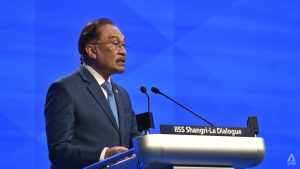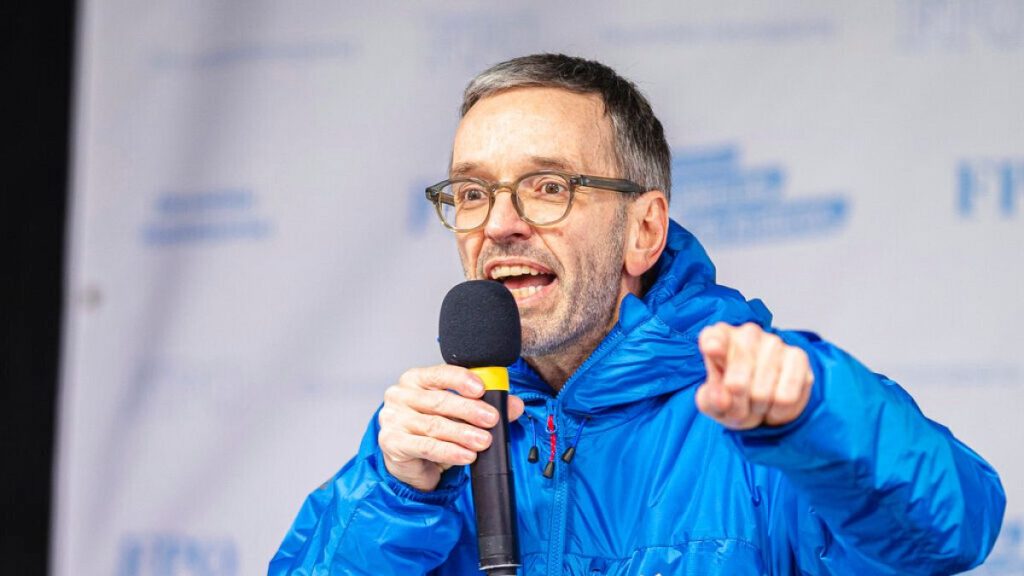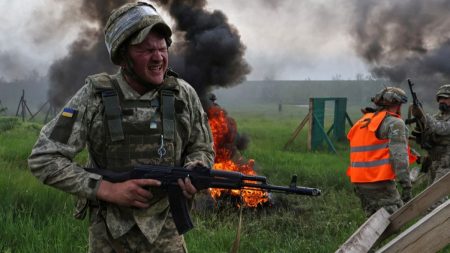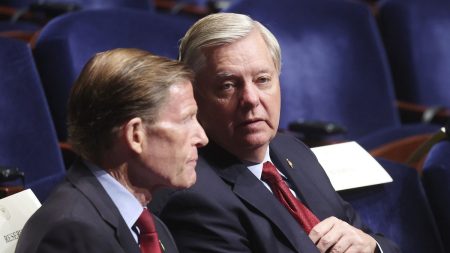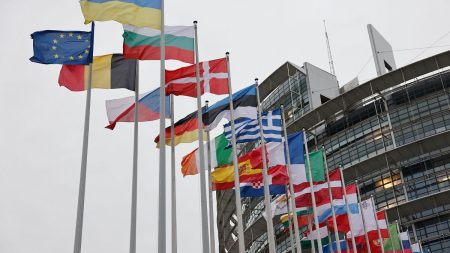Herbert Kickl’s Immunity Lifted, Paving the Way for Investigation into Alleged False Testimony
Herbert Kickl, the controversial leader of Austria’s far-right Freedom Party (FPÖ), finds himself embroiled in legal and political turmoil following the lifting of his parliamentary immunity. This decision by Austrian lawmakers opens the door for a formal investigation into allegations of perjury related to Kickl’s testimony before a parliamentary inquiry. The inquiry focused on accusations of misuse of public funds during Kickl’s tenure as interior minister between 2017 and 2019. Specifically, the investigation revolves around claims that Kickl used taxpayer money to finance advertisements in exchange for favorable media coverage. Kickl vehemently denies these allegations, asserting that he was not involved in advertising decisions during his time as minister. However, his denials have been challenged by a former lawmaker from the conservative People’s Party (ÖVP), leading to the formal complaint that spurred the current investigation. The lifting of Kickl’s immunity represents a significant setback for the FPÖ, which recently secured a victory in national elections but found itself politically isolated due to other parties’ refusal to collaborate with Kickl.
The accusations against Kickl center on the alleged use of public funds for partisan political gain. The inquiry seeks to determine whether Kickl knowingly misled the parliamentary committee about his involvement in the allocation of advertising funds and whether these funds were improperly used to secure positive media coverage. Kickl’s previous statements to Austrian media, in which he claimed to have no involvement in advertising decisions, will be scrutinized as part of the investigation. The ÖVP lawmaker who filed the initial complaint against Kickl argued that his statements contradicted evidence presented to the inquiry, raising concerns about potential perjury. The decision to lift Kickl’s immunity underscores the principle that all citizens, regardless of their political standing, are subject to the same legal standards. This move is intended to ensure transparency and accountability in the investigation and to address the serious allegations of wrongdoing leveled against Kickl.
The fallout from the lifting of Kickl’s immunity extends far beyond the individual investigation. The FPÖ, despite its recent electoral success, faces significant challenges in forming a governing coalition. Other political parties have expressed deep reservations about collaborating with Kickl, citing his controversial past statements and policy stances. Chancellor Karl Nehammer, whose ÖVP previously partnered with the FPÖ in two coalition governments, has explicitly ruled out the possibility of future collaboration with Kickl at the helm. Nehammer has characterized Kickl as a "security risk," further complicating the FPÖ’s path to power. The party’s strong showing in the September elections highlights the growing support for far-right ideologies in Austria, but the isolation imposed by other parties underscores the deep divisions within the political landscape.
Kickl’s political career has been marked by controversy and divisive rhetoric. He has faced criticism for promoting conspiracy theories, particularly during the COVID-19 pandemic. His advocacy for the use of Ivermectin, a drug typically used to treat parasitic infections in animals, as a treatment for COVID-19 drew widespread condemnation. Kickl has also targeted international organizations like the World Health Organization, accusing them of serving political agendas. These actions have further alienated him from mainstream political figures and contributed to the reluctance of other parties to form a coalition with the FPÖ under his leadership. The current investigation and the lifting of his immunity add another layer to the complex political landscape surrounding Kickl and the FPÖ.
The FPÖ’s political platform is characterized by a hardline stance on immigration, echoing similar trends seen in other European far-right movements. The party has called for stricter border controls and tighter immigration policies, often employing rhetoric that critics deem xenophobic and inflammatory. Furthermore, the FPÖ’s position on the war in Ukraine has also drawn criticism. The party advocates for lifting sanctions against Russia and limiting military aid to Ukraine, a stance that puts them at odds with the majority of European countries. These policy positions, combined with Kickl’s controversial statements and actions, have contributed to the FPÖ’s isolation within the Austrian political system. Despite their electoral success, the party’s ability to influence policy and participate in government remains severely hampered by the unwillingness of other parties to engage with them under Kickl’s leadership.
The lifting of immunity for Kickl and three other FPÖ members further underscores the challenges facing the party. The three other MPs are under investigation for attending a funeral where a Nazi slogan was chanted, raising concerns about potential violations of Austria’s strict laws against promoting Nazi ideology. This incident adds to the growing list of controversies surrounding the FPÖ and strengthens the perception of the party as being outside the mainstream of Austrian politics. These developments raise questions about the future direction of the FPÖ and the potential consequences for Austrian politics as a whole. The party’s electoral success demonstrates a significant level of support for their populist and nationalist agenda, but their isolation from other political forces complicates their ability to translate this support into actual policy change. The ongoing investigations and the political fallout surrounding Kickl’s leadership will significantly shape the future trajectory of the FPÖ and its role in Austrian politics.


